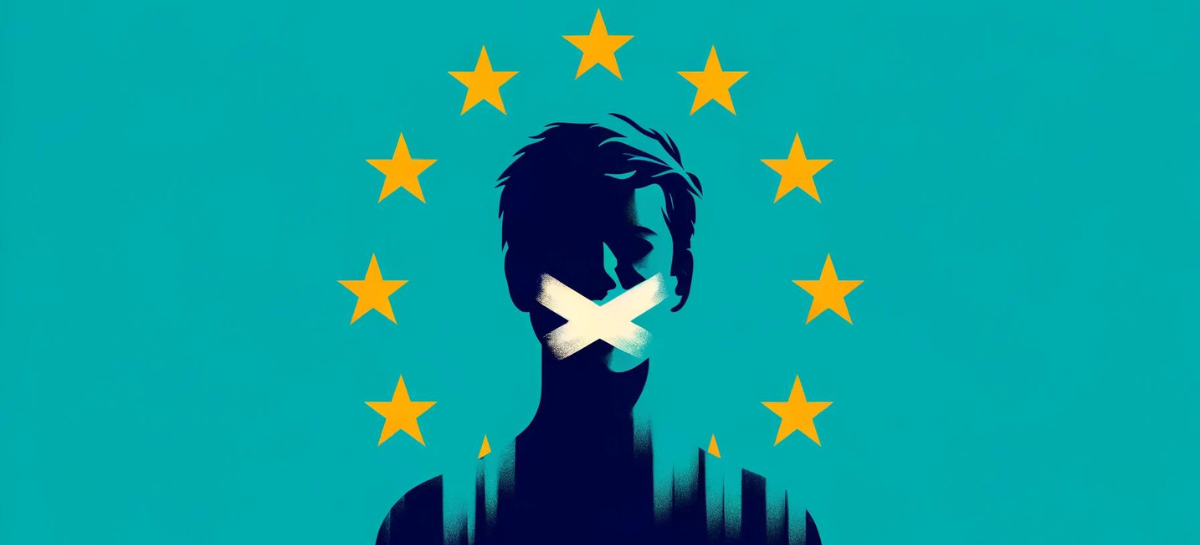
Europe's crackdown on speech goes far and wide
In Europe, free speech faces increasing restrictions as governments tighten laws to curb inflammatory content. A notable case is Lucy Connolly, a 41-year-old nanny in England, jailed for over 330 days for a post on X. After a tragic knife attack in Southport killed three girls, Connolly posted: “Mass deportation now. Set fire to all the f—ing hotels full of the bastards for all I care.” She deleted it hours later, but the post, retweeted 940 times, led to a 31-month sentence for intending to stir racial hatred. Her husband, Ray Connolly, noted, “Lucy got more time in jail for one tweet than some pedophiles and domestic abusers get.”
Across Europe, hate-speech laws, rooted in the continent’s history of combating extremism post-Holocaust, are applied broadly. In Germany, a journalist received a seven-month suspended sentence for posting a fake image of a minister holding a sign saying “I hate freedom of opinion.” In France, a woman was detained for 23 hours for gesturing at President Macron, though later acquitted. Denmark’s new law bans “improper treatment” of religious texts, with trials ongoing for Quran burnings.
The U.K. saw 12,183 arrests in 2023 for “grossly offensive” communications, a 58% rise from 2019. Critics argue terms like “indecent” or “obscene” are vague, citing cases like a woman charged over an expletive-laden bumper sticker. The European Convention on Human Rights allows speech restrictions, unlike the U.S. First Amendment, which protects most speech. This divergence fuels debate, with some arguing Europe’s laws risk stifling expression, while others see them as necessary to prevent harm in a polarized digital age.
